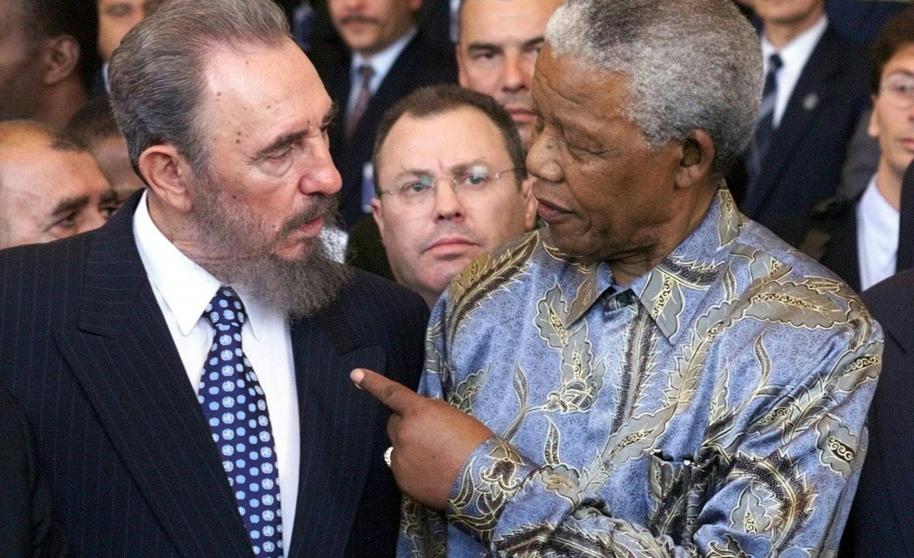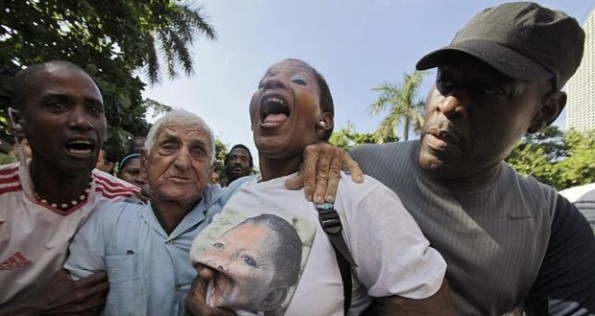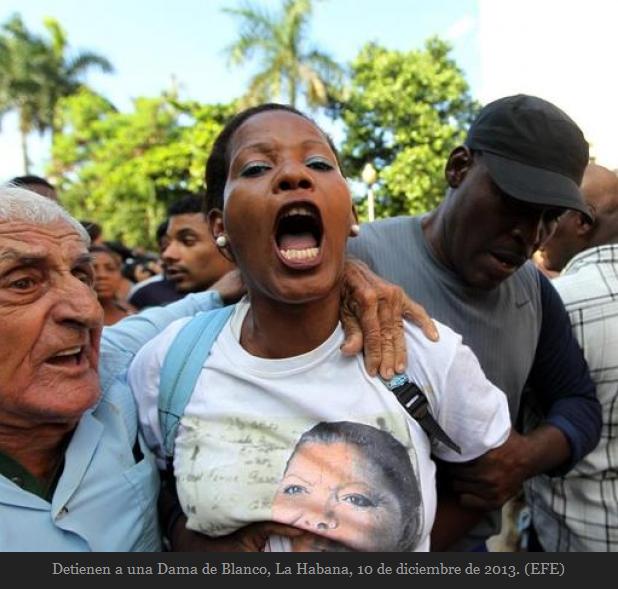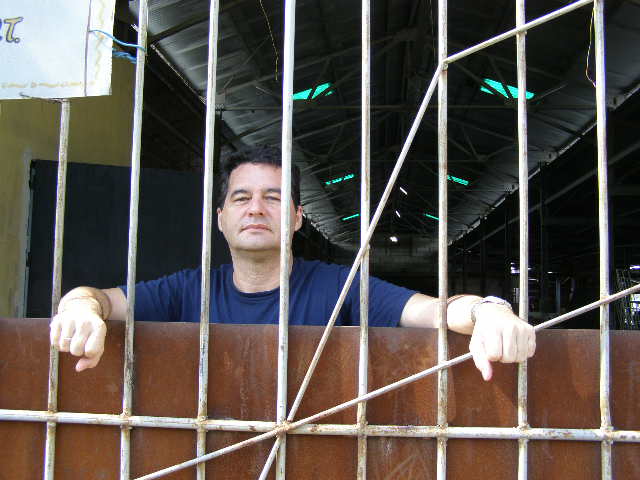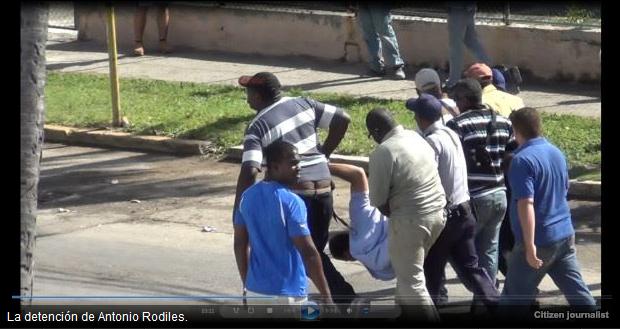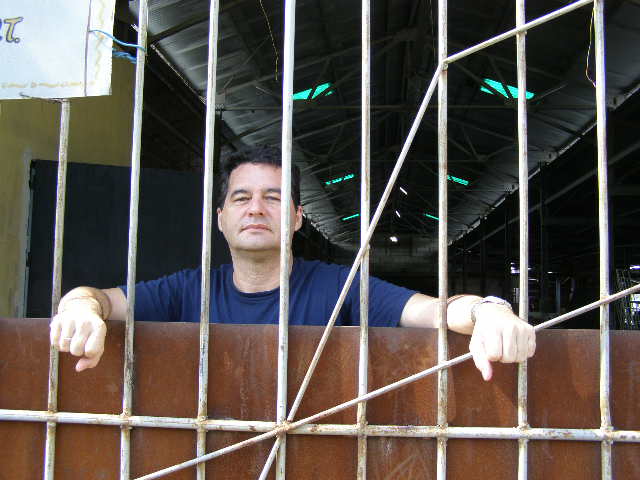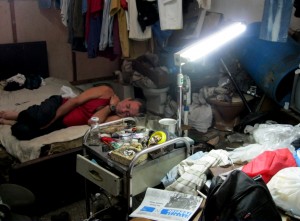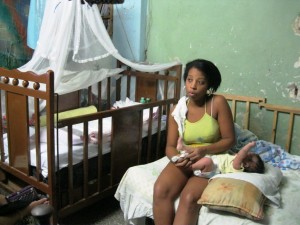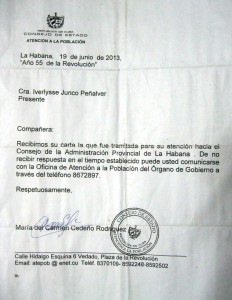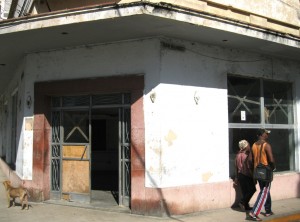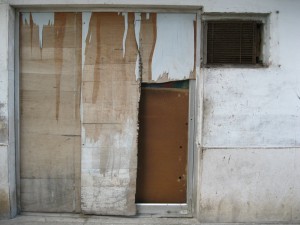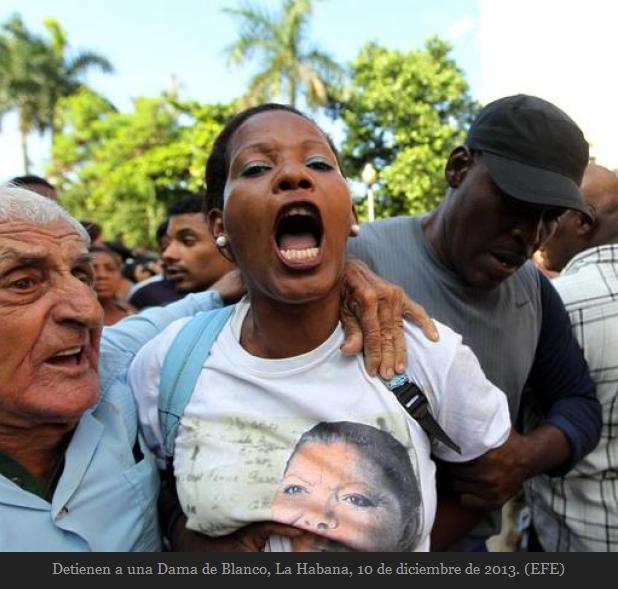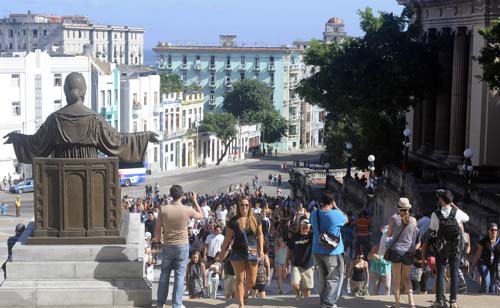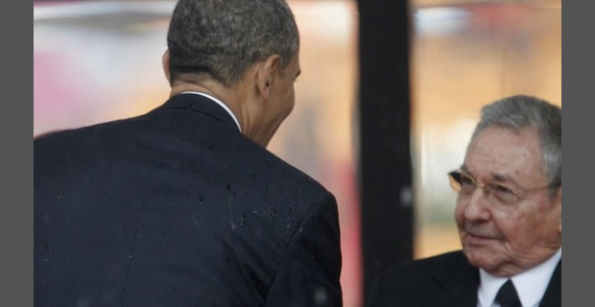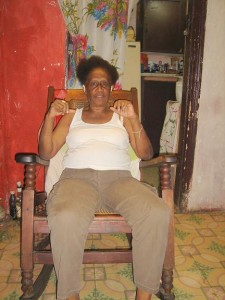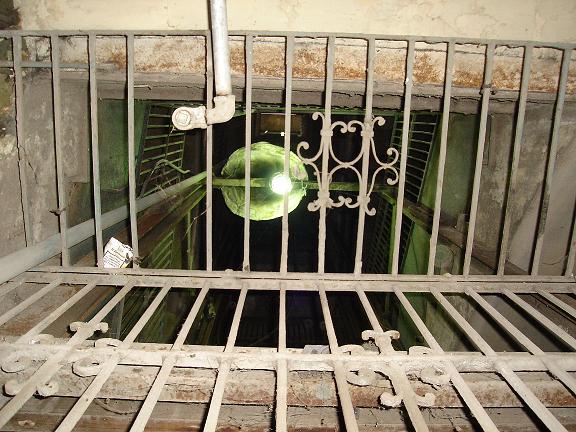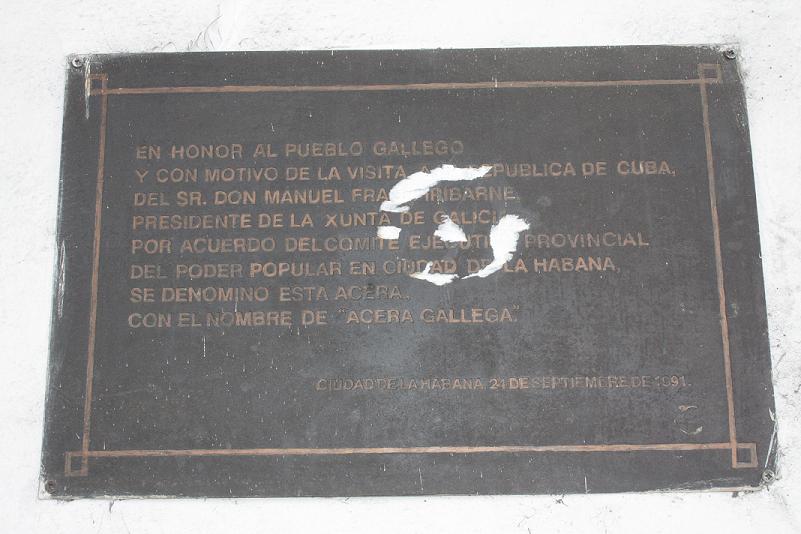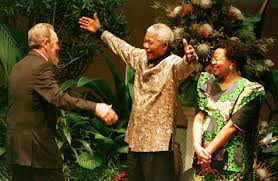 December is a month of epilogues. 2013 brought new things for Cubans. After the 14th of January, those born on the island could travel abroad without so much government oversight.
December is a month of epilogues. 2013 brought new things for Cubans. After the 14th of January, those born on the island could travel abroad without so much government oversight.
Even the dissidents. Although with exceptions. Opponents, hostages of the Black Spring of 2003 who are considered by the olive green-autocracy as being on parole, cannot leave Cuba.
In business new legal concepts have emerged. Service cooperatives have been created and the State leases premises to individuals. In the Mariel port there will be a special zone with a different wage and tax system.
In 2013 Hugo Chavez and Nelson Mandela died. The two had repercussions on the island. If Mandela is on an altar, the death of the Venezuelan leader brought worries.
And if the national industries work and do not produce extensive blackouts, it is thanks to the agreement that Chavez initialed with Fidel Castro, by which Cuba pays with doctors and advisors for more than 10 thousand barrels of oil a day.
And although Chavez does not have even a trace of Mandela’s symbolism and the people on the street are not loyal to that social experiment that the Bolivarian called as 21st Century Socialism, typical human selfishness to not lose benefits make many Cubans, simply to keep the status quo, prefer the unseemly Nicolas Maduro.
Maybe Maduro would get votes in Cuba than in his country. And when people have lived 12-hour periods without light and someone offers it to them, in spite of Venezuela being mired in chaos and Caracas being a jungle of violence, people are capable of voting for Satan.
In 2013 Cubans continued on their own. News of the protests in Kiev, the gag law in Spain, the re-election of German Chancellor Angela Merkel, the global electronic espionage by the United States denounced by the analyst Edward Snowden or the apprentice dictator of North Korea executing his uncle, passed almost unnoticed.
Through illegal satellite antennas, SMS or those that pay 4.5 convertible pesos for an hour of internet — finally commercialized in 2013 — people prefer to be up to date on the latest record by their favorite singer, to see Brazilian soap operas, the films that are chosen for the Oscar, to see who will win the Soccer World Cup, to see the games of LeBron James’s Miami Heat or MLB baseball games in which Yasiel Puig or Arnoldis Chapman are playing.
Although for three years Cubans have enjoyed more economic liberties and now can stay in a hotel, buy or sell a house or get a car, in relation to political matters, people prefer to stay on the sidelines.
The ready arrests of dissidents, beatings of the Ladies in White or the acts of repudiation they keep watching from the sidewalk across the street.
The opposition continues being a particular clan. They say and write things that the majority desire or lack, but the average Cuban sees it from as a great a distance as an Australian tourist.
In the syndicate meetings they get mad about the miserable salaries and ask out loud for a change in the system. But if you suggest creating an independent syndicate, they look you up and down as if you were a strange insect.
Ask any Cuban what he wants for 2014 and he will tell you a better life for himself and his family. Earning a decent wage and being able to eat breakfast, lunch and dinner every day.
The workers for their own account want more autonomy, a wholesale market, lower taxes and less State interference. That 3D cinemas return and cheesy shops re-open.
The dissidents long for the Castro era to end. For Cuba to enter the ring of democracy. And that liberties be respected.
They have spent decades demanding it. But they dedicate very little time to political proselytizing of their neighbors, which is whom they must convince.
Ivan Garcia
Translated by mlk.
20 December 2013


